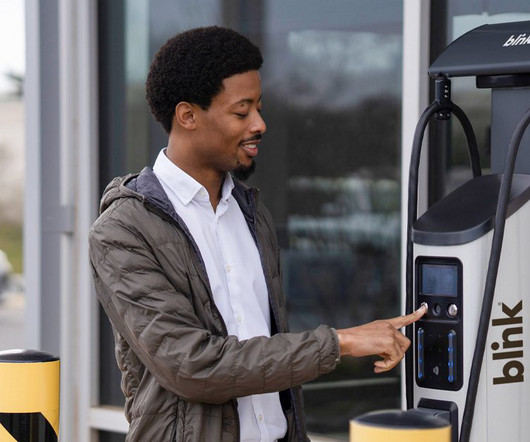DOE announces $26.6M SBIR/STTR FY15 Phase 1 Release 2 awards; fuel cells, batteries, power electronics and efficient combustion engines
Green Car Congress
MAY 28, 2015
Small Business Innovation Research (SBIR) and Small Business Technology Transfer (STTR) are Federal programs in which agencies with large research and development (R&D) budgets set aside a small fraction of their funding for competitions among small businesses only. Only DOE Phase I award winners may compete for DOE Phase II funding.












Let's personalize your content